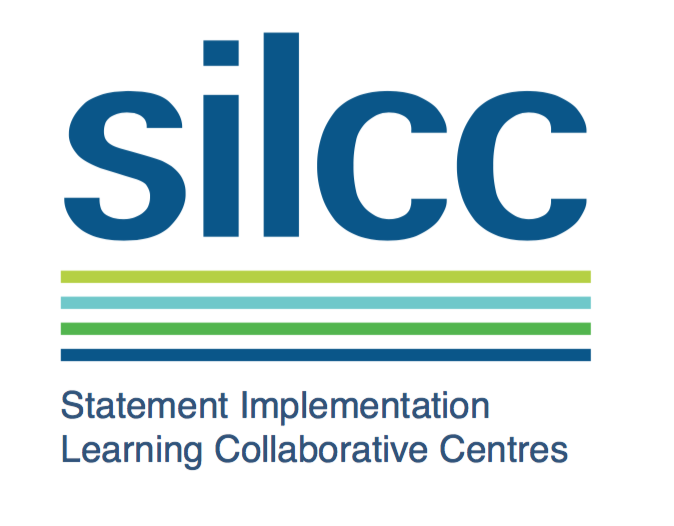"Hospital pharmacists, as an integral part of all patient care teams, should ensure that patients and carers are offered information about their clinical management options, and especially about the use of their medicines, in terms they can understand.”
What does it mean for patients? Inappropriate handling of medicines can reduce and even eliminate the effect of medicines. Patients (or their caregivers) can rely on hospital pharmacists to provide information about their medicines, so that they can manage their medication independently, ensuring optimal outcomes and to prevent re- admission. Hospital pharmacists have the responsibility, competencies and the interest to provide this advice.
What does it mean for healthcare professionals? Healthcare professionals can rely on hospital pharmacists to provide adequate information (written instructions and verbal counselling) to patients regarding their medication. If appropriate, additional education regarding medication use can be provided. This is so that the patients can manage their medication independently or with the assistance of a caregiver to ensure optimal outcomes.
What does it mean for Hospital Pharmacists? Hospital pharmacists should facilitate the provision of instructions, education and counselling to patients and/or their caregivers when deemed appropriate.
 The Hospital Universitario Clinico San Carlos is SILCC Host providing training on this Statement. Please learn more about the SILCC programme here.
The Hospital Universitario Clinico San Carlos is SILCC Host providing training on this Statement. Please learn more about the SILCC programme here.













